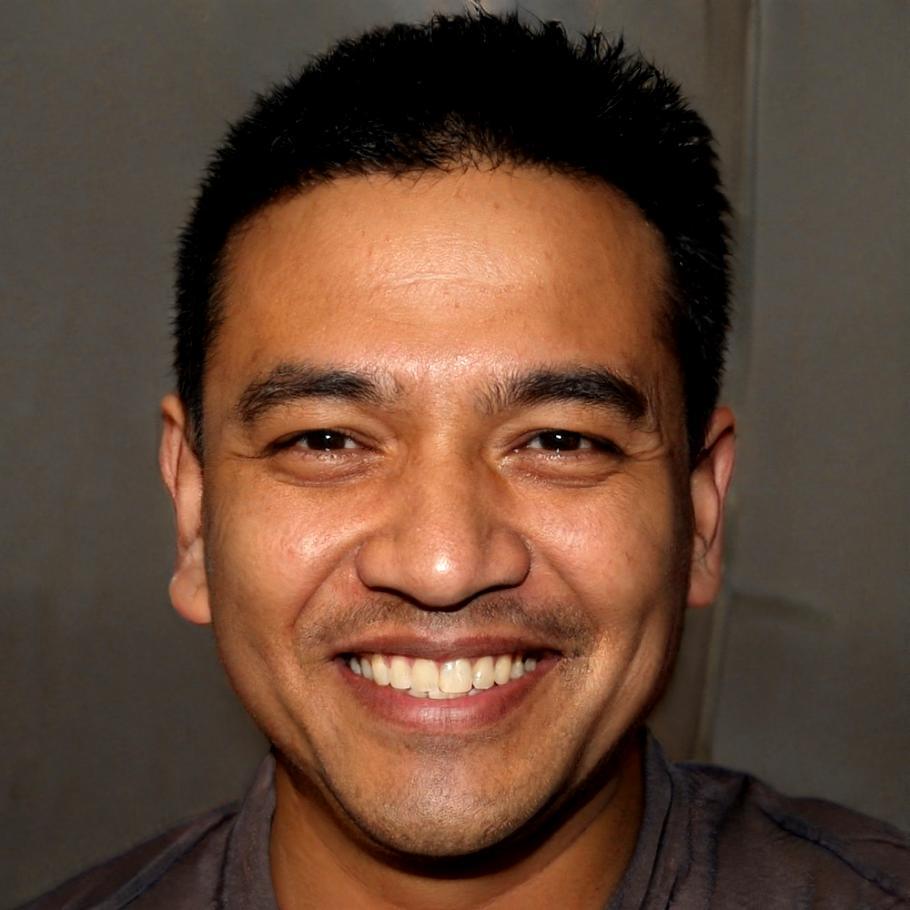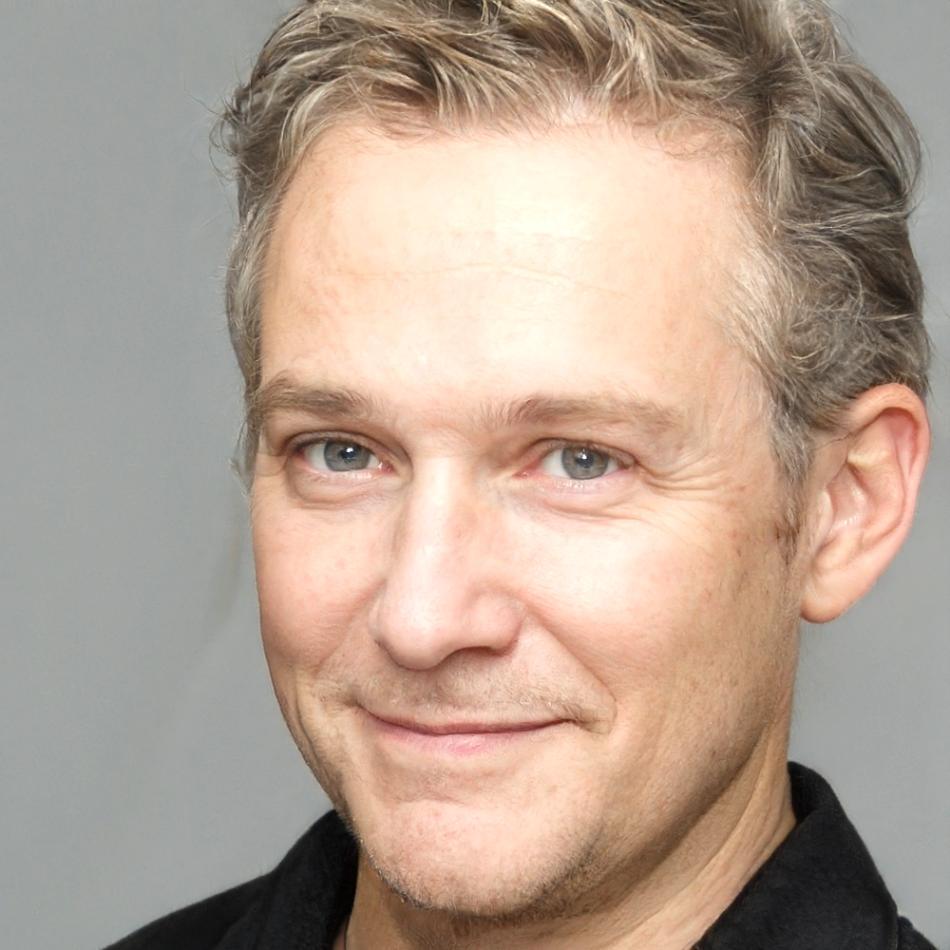Professional Flower Care Certification Program
A six-month intensive that builds real expertise through hands-on practice and detailed botanical knowledge. Our autumn 2025 cohort combines structured learning with practical experience that actually prepares you for client work.
What You'll Actually Learn
We've structured this around what clients really need—from basic plant physiology through seasonal care protocols and problem diagnosis. Each module builds on the previous one, with plenty of time to practice between sessions.
Plant Biology Foundations
You can't care for flowers without understanding how they work. We start with root systems, nutrient uptake, and photosynthesis basics—the stuff that helps you diagnose problems later.
- Root structure and water absorption mechanisms
- Light requirements and photosynthetic efficiency
- Nutrient deficiencies and visual symptoms
- Growth cycles and dormancy patterns
Environmental Management
Temperature, humidity, air circulation—these variables determine whether plants thrive or struggle. We teach you how to assess environments and make practical adjustments.
- Climate zone considerations for Baku region
- Indoor environment optimization techniques
- Humidity control without expensive equipment
- Seasonal adjustments for home and office settings
Species-Specific Care Protocols
Different flowers need different approaches. This module covers 40+ common species with detailed care requirements, watering schedules, and propagation methods you'll use constantly.
- Tropical species common in Azerbaijan homes
- Mediterranean varieties and drought management
- Orchids, succulents, and specialty care requirements
- Native plants and adaptation strategies
Problem Diagnosis & Treatment
Most client calls start with "something's wrong with my plant." We train you to identify issues quickly—pests, diseases, nutrient problems, environmental stress—and recommend effective solutions.
- Common pest identification and treatment protocols
- Fungal and bacterial disease management
- Root rot assessment and recovery techniques
- When to recommend replacement versus treatment
Client Communication
Technical knowledge means nothing if you can't explain it clearly. This section focuses on translating botanical concepts into practical advice that clients actually follow.
- Conducting effective plant assessments
- Creating custom care schedules for busy clients
- Setting realistic expectations about plant health
- Documentation and follow-up best practices
Building Your Practice
The final weeks cover the business side—pricing your services, finding clients, managing schedules, and building a reputation. We share what's worked for other consultants in the Baku market.
- Service pricing structures that work locally
- Marketing through word-of-mouth and referrals
- Managing seasonal demand fluctuations
- Continuing education and specialty development
Who's Teaching This Program
Our instructors come from active consulting practices. They're teaching methods they use every day, not theoretical approaches from textbooks.

Konstantin Volkov
Lead Instructor, Plant BiologyKonstantin spent nine years managing botanical collections before moving into private consultation. He handles the technical modules and brings a lot of practical troubleshooting experience—the kind you get from dealing with hundreds of problem cases.
- 15 years working with subtropical and Mediterranean species
- Developed care protocols now used by three local nurseries
- Specializes in orchid cultivation and pest management

Dietmar Schneider
Business Development InstructorDietmar built his consultation practice from scratch in 2018 and now manages a roster of 40+ regular clients. He teaches the client communication and business modules, focusing on sustainable practice growth rather than quick expansion.
- Built profitable practice serving corporate and residential clients
- Developed pricing models adapted to local market conditions
- Trains new consultants on client relationship management
Upcoming Program Schedule
We run two cohorts per year to keep class sizes manageable. Sessions meet twice weekly in the evenings, with additional weekend workshops for hands-on practice.
